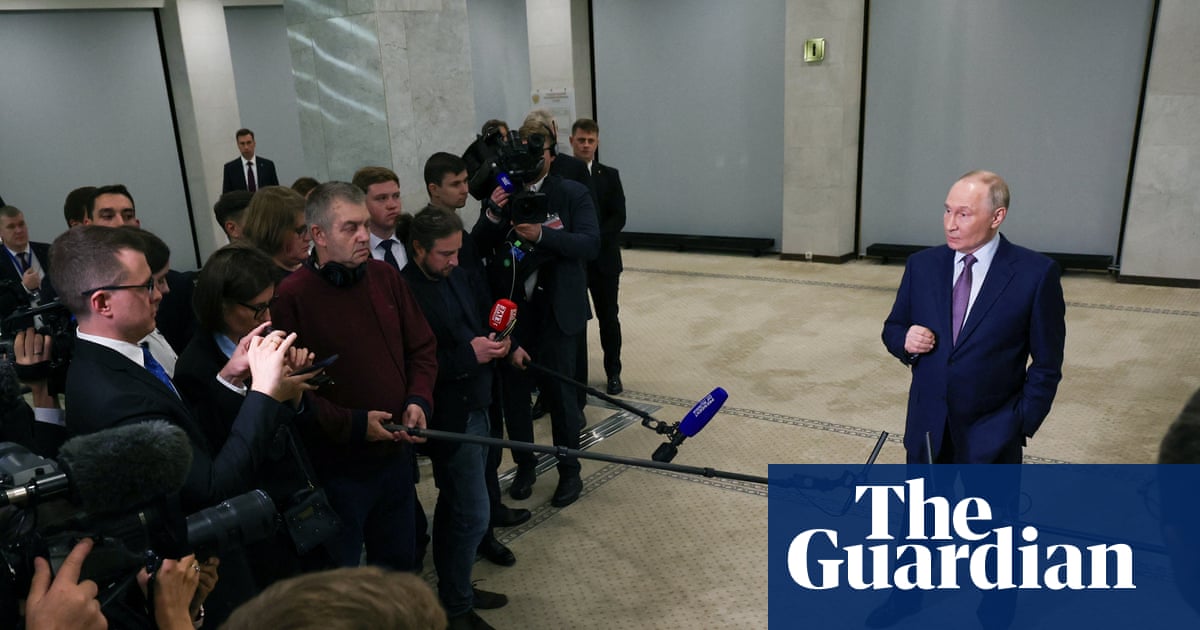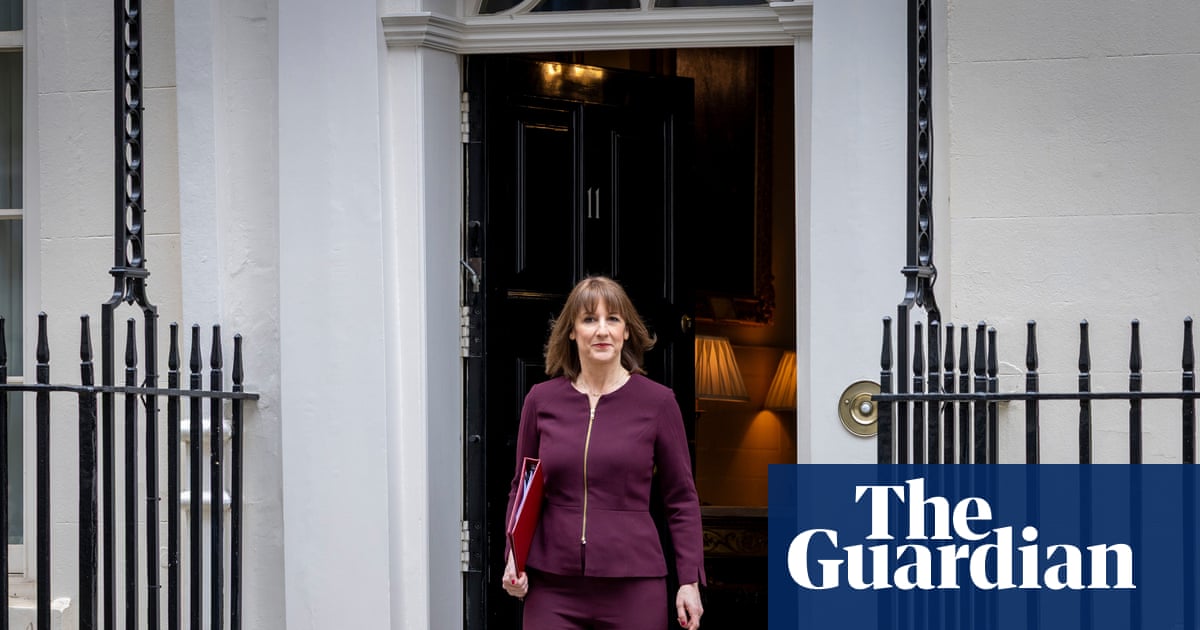New rules in England and Wales will make it harder to punish police officers accused of wrongly using force, with critics saying it will lead to greater “impunity and injustice”.
Ministers hope to quell fears among firearms officers that they will be hounded for doing their job.
The cause of the changes was the shooting dead of Chris Kaba, which resulted in a Metropolitan police firearms officer being tried for murder and acquitted by a jury after three hours of deliberations last October.
Ministers and police chiefs feared a guilty verdict would result in armed officers quitting and the capital left without adequate firearms cover.
On Thursday, the government said it would boost “protections” for officers after a review by a former police chief and former judge.
The legal test for use of force at misconduct hearings will increase, moving from a balance of probabilities to the criminal standard of beyond reasonable doubt.
Officers almost always justify use of force by saying they acted in self-defence. Disproving this will thus get harder.
The government will also set up new reviewslooking at whether it should become harder for inquests into deaths to return verdicts of unlawful killing, and into speeding up the system.
Police chiefs are happy with the new measures, but for those who believe police face too little accountability, the changes amount to a surrender by the Labour government to police pressure.
Deborah Coles, of Inquest, said: “These new measures undermine the rule of law and the way it applies to police officers, increasing impunity and injustice.
“The Home Office has once again ignored the experience of bereaved families by parroting the concerns of the police lobby.”
Alba Kapoor, of Amnesty International, said: “Even in clearcut cases of police brutality, we know that officers are very rarely convicted of misusing force to a criminal degree. By pulling the teeth of the IOPC and other internal disciplinary processes, we are very likely to see police walk away scot-free from cases where there has been clear misconduct.
“At a time when we urgently need meaningful accountability structures for the police, it’s inexplicable that the government is clipping the wings of those we currently have in place.”
The announcement of the changes came on the same day dismissals started of officers caught at Charing Cross police station by a BBC undercover sting showing discriminatory behaviour and bragging about using excessive force.
Coles said: “Deaths at the hands of the police are not isolated but part of a systemic pattern. These deaths happen within a racist, misogynist and corrupt system … As exposed in the recent Panorama investigation into Charing Cross police station, this toxic culture runs deep.”
The Met commissioner, Sir Mark Rowley, said: “This is not about avoiding accountability, nor is it about giving officers permission to use excessive force, or to use it recklessly.
“But when the review’s recommendations are implemented, officers will be able to have greater confidence that they will be held to a consistent standard, judged on what they honestly believed at the time and not what others say they should have believed many months and years after an incident.”
Firearms officer W80, who shot an unarmed man in London in 2015 who was part of an armed plot to spring a prisoner from custody, spent a decade under investigation before his misconduct tribunal collapsed earlier this month.
Officers have faced threat of prosecution, then an inquest plus misconduct hearings. Sometimes, their own legal challenges or refusing to answer verbal questions adds to the delays.
Ch Insp Andy George, the president of the National Black Police Association, and himself a former firearms commander in Northern Ireland, said the rules were being changed to paper over failings “rooted in cultural and leadership failings within the Metropolitan police”.
He added: “Rebuilding trust will not come from lowering standards; it will come from leadership that listens, learns and takes responsibility.”
The home secretary, Shabana Mahmood, said: “The current legal framework has created confusion, inconsistency, and a chilling effect on police morale, particularly among firearms officers.
“Police officers need to be confident they can act decisively in challenging situations. Anything that undermines this confidence affects their ability to protect the public. ”

.png) 5 hours ago
6
5 hours ago
6

















































